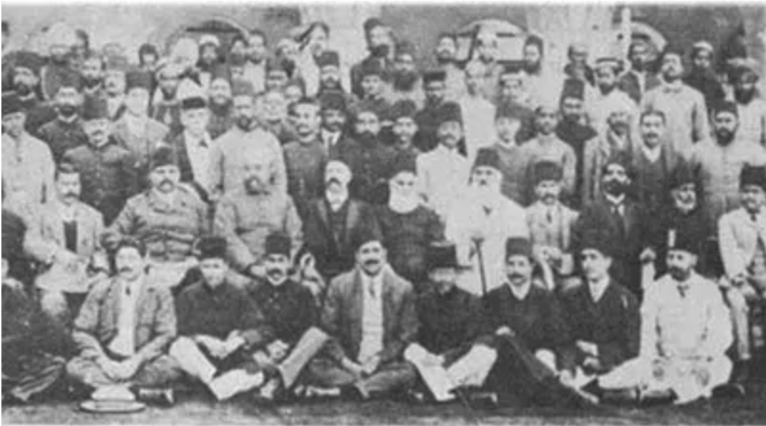Differing Beliefs and Values
Muslims and Hindus were divided with respect to their beliefs and values decades before the partition.
In 1906 the All-India Muslim League was created as a political party distinct from the most popular one at the time, the Indian National Congress, in order to vouch for Muslim rights. The fact that Muslims decided that their rights and assets were not safe under the Indian National Congress itself shows the extent to which Muslim and Hindu beliefs differed. Also, the ultimate creation of the AIML marks the beginning of Hindus and Muslims explicitly competing against each other in government, which led to many of the future disagreements.

The All-India Muslim League
{Discovery of India, 1942}

Britain listened to the demands of AIML, giving separate electorates and more representation
{The British Empire and the Muslim World}

Nehru states that Britain became pro-Muslim
{Discovery of India, 1942}
British policy became preferential in favor of Muslims in the early 1900s. For example, the British directly supported the AIML. The preferential treatment of Britain towards Muslims led to Hindus bearing discontent towards both British policy and Muslims. In particular, the British supporting AIML in its developing stages was seen negatively by Hindus. Ultimately, this served to exacerbate conflict between Muslims, Hindus, and the British government.

Robinson claims that Britain had a big influence on Muslims in the 1900s
{The British Empire and the Muslim World}